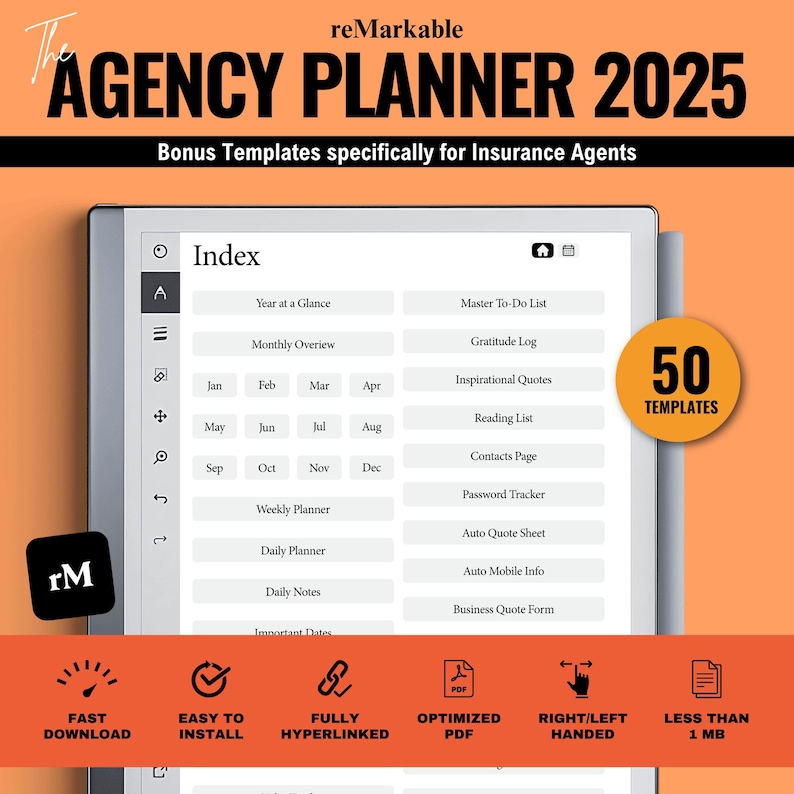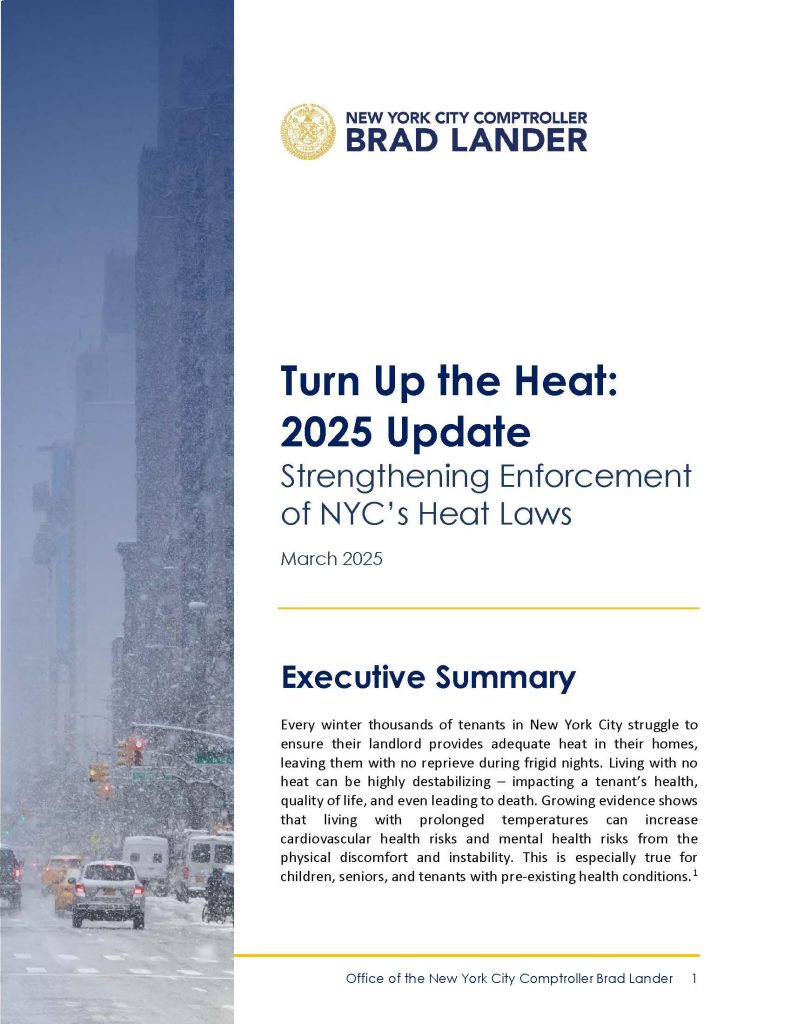Keeping your landlord insurance up to date is one of the smartest moves you can make to protect your rental property and peace of mind. But let’s be honest—life gets busy, and it’s easy to forget about reviewing those important policies nestled in your files. The good news? Updating your landlord policy doesn’t have to be complicated or time-consuming. In this post, we’ll walk you through a simple, stress-free way to review and refresh your coverage each year, so you can stay protected without the hassle. Whether you’re a seasoned landlord or just starting out, these tips will help you keep your policy working as hard as you do!
Table of Contents
- Understanding the Key Components of Your Landlord Policy
- Identifying Changes in Your Property and Rental Market to Adjust Coverage
- Tips for Comparing Quotes and Finding Better Premiums
- Common Policy Updates You Shouldn’t Overlook
- Wrapping Up
Understanding the Key Components of Your Landlord Policy
When it comes to landlord policies, knowing what’s inside your coverage can save you both time and money in the long run. Start by breaking down the core elements: property damage protection, liability coverage, loss of rental income, and legal expenses. Each of these serves a distinct purpose, but together they form the safety net that protects your investment. For example, property damage coverage handles repairs from unforeseen events like fire or storms, while liability coverage protects you if someone gets injured on your rental property. Don’t overlook add-ons or endorsements, which can customize your policy to include things like equipment breakdown or tenant default protection.
Keeping track of your landlord policy details doesn’t have to be overwhelming. Use a simple checklist and keep all your documents in one place—digitally or physically. Here’s a quick list to help you audit your policy annually:
- Verify coverage limits: Ensure they still align with your property’s current value.
- Review deductibles: Evaluate if they fit your budget during a claim.
- Check for changes in regulations: State laws or local ordinances can impact your coverage needs.
- Update tenant information: Different tenant profiles may affect risk assessment and premiums.
Remember, a well-understood policy is a powerful tool—giving you peace of mind so you can focus on what matters most: managing your rental business effectively.
Identifying Changes in Your Property and Rental Market to Adjust Coverage
Keeping an eye on shifts in both your property and the local rental market is essential to maintaining the right insurance coverage. Over time, factors such as neighborhood development, fluctuating property values, and changes in tenant demographics can all influence your risk profile. For instance, newly constructed buildings nearby or changes in crime rates might require you to enhance your policy limits or add specific protections like vandalism coverage or loss of rental income. Additionally, if you’ve made upgrades to your property—think new appliances, security systems, or structural improvements—it’s important to inform your insurer so your coverage reflects these enhancements accurately.
Regularly reviewing market rental rates also plays a crucial role. Rising rents can increase the potential loss you’d face during a vacancy or property damage situation. To keep your landlord policy aligned with current conditions, consider tracking:
- Local rental price trends to adjust coverage for rent loss appropriately
- Neighborhood safety reports that might affect liability decisions
- Property value changes to ensure replacement cost coverage is sufficient
- Tenant profiles or lease terms that impact liability or loss scenarios
Armed with this market insight, you’ll be better positioned to request policy updates tailored to your evolving landlord needs, ensuring you stay protected without overpaying for unnecessary extras.
Tips for Comparing Quotes and Finding Better Premiums
When reviewing your landlord insurance quotes, focus on more than just the price tag. Start by comparing coverage inclusions and exclusions—sometimes a lower premium means less protection. Look at the deductible amounts and how claims are handled to avoid surprises down the line. Make a checklist of must-have features, such as liability coverage, loss of rent, and legal expenses, to see which provider offers the best value tailored to your property’s risks.
Don’t hesitate to leverage discounts and ask about bundled policies that may reduce costs. Many insurers offer perks for installing security systems or having smoke detectors on the property. Consider reaching out to multiple brokers or using online comparison tools to gather a broader range of quotes efficiently. Remember, a little legwork now can uncover better premiums and more comprehensive coverage that saves money and stress over the year.
Common Policy Updates You Shouldn’t Overlook
When reviewing your landlord insurance, pay special attention to coverage limits and exclusions. Over time, your property value might increase, or new features like a renovated kitchen or added security system could come into play. Ensuring your policy reflects these changes helps avoid underinsurance or unexpected out-of-pocket expenses. Additionally, policies often introduce or revise exclusions, so it’s important to stay informed about what is no longer covered to avoid surprises during a claim.
Don’t forget to verify updates related to liability protection and loss of rent clauses. These can often be revamped to better protect you against tenant-related damages or unexpected vacancies. While reviewing, keep an eye on deductible amounts and premium adjustments—sometimes a slight change here can save you significant money without compromising your coverage. Lastly, periodically updating your contact details and ensuring all tenant information is current helps streamline communication when quick action is needed.
Wrapping Up
Updating your landlord policy doesn’t have to be a daunting task. By setting aside a little time each year to review your coverage, you can ensure you’re fully protected and avoid any unexpected surprises down the road. Remember, life changes, laws change, and so should your policy. Make it a simple habit, stay informed, and you’ll be well on your way to peace of mind as a savvy landlord. Happy reviewing!






